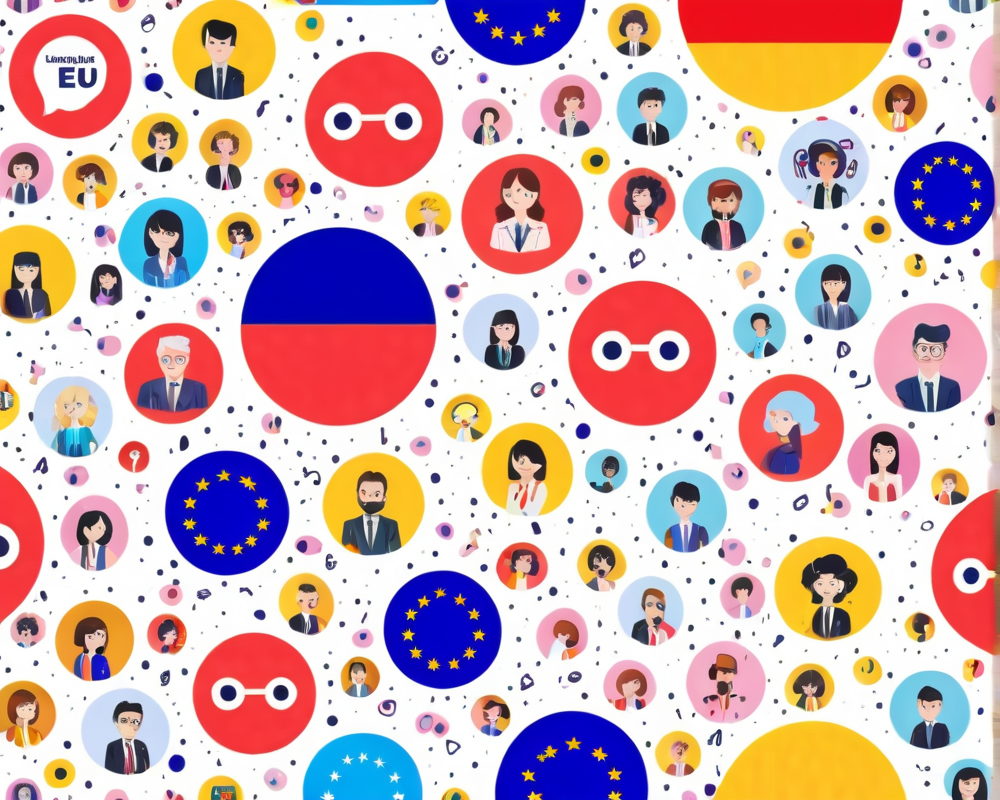Setting the Stage for AI Transparency
In a world increasingly influenced by emerging technologies, the European Union is stepping up to ensure that artificial intelligence (AI) doesn’t spiral into a frenzy of fake news and misinformation. On June 5, Vera Jourova, the European Commission’s vice president for values and transparency, made it clear that companies deploying generative AI tools must adopt measures for greater transparency.
The Call for Labels: A Shield Against Fake News
During a discussion with the media, Jourova advocated for a straightforward yet powerful idea: labeling. “Companies that deploy generative AI tools—like the ever-popular ChatGPT—should mark their content to help combat disinformation,” she declared. Imagine scrolling through your feed and being greeted with a friendly tag that says, ‘This was generated by AI!’ It’s like having a warning label on a snack that says “May Contain Nuts”—helpful information when you think about it.
Technological Safeguards: Building a Strong Defense
Jourova also pointed out that major players like Microsoft’s Bing Chat and Google’s Bard must create technological safeguards. She noted that developers need to make it difficult for malicious actors to exploit their innovations. Think of it as a digital moat, protecting the castle of truth from the invading forces of false narratives.
A Legacy of Fighting Disinformation
This initiative isn’t coming out of nowhere. The EU established its Code of Practice on Disinformation back in 2018—basically a set of standards for the tech industry to help combat oversized narratives. It’s like a friendly neighborhood watch, only this time it’s made up of tech giants who’ve already signed agreements to play nice. But with great power comes great responsibility, and companies are expected to report on their new safeguards come July.
What About Twitter?
Jourova didn’t hold back when addressing Twitter’s recent withdrawal from the code of practice. Her comments implied that the social media platform is now a target for regulatory scrutiny. “Leaving the Code has made Twitter the shiny object in the regulatory spotlight. They better be ready for some serious questioning,” she quipped. It’s as if they’ve taken center stage in a play, but now the audience is exactly what they didn’t want: a panel of tough critics.
Future Prospects: The EU Artificial Intelligence Act
As the EU gears up for the release of its forthcoming EU Artificial Intelligence Act—set to be a game-changer in the realm of AI governance—officials are lagging not only in anticipation but also in urging developers to adopt voluntary guidelines in the interim. It’s like telling someone to wear a helmet while they wait for the bicycle shop to open. They may need that safety precaution sooner rather than later.


